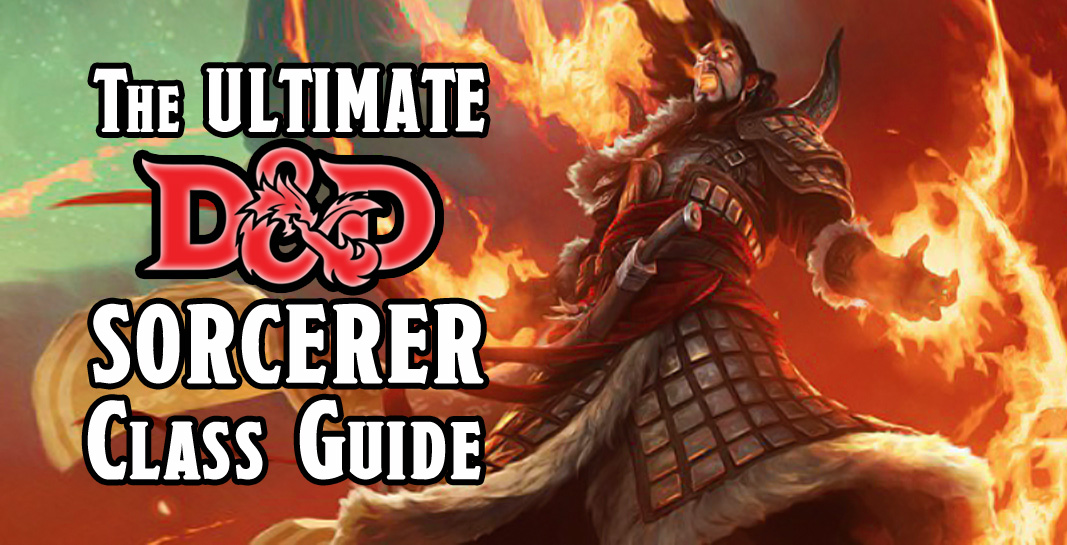
Sorcerers have an innate talent for magic. Where Wizards gain magic through intense study, Sorcerers have a natural aptitude for casting spells, requiring nothing other than their willpower and a few arcane components or a spellcasting focus. Sorcerers typically have an exotic bloodline tie to some sort of fantastical creature, either draconic, fey, or demonic, that lends them the ability to harness natural forces and transmute them into spells.
Follow this guide to discover how to best optimize the skills, weapons, features, and abilities for a D&D 5e Sorcerer class character build. While the options presented here may be the optimal build for a sorcerer (in my opinion), the beauty of D&D character creation is that the only limit is your imagination so feel free to build your character whichever way you want to.
The guide that follows uses a color-coding system to rank the abilities granted.
Blue = An essential, class-defining ability you would be remiss to overlook.
Green = A strong choice for your class.
Orange = Average option, useful in specific circumstances
Red = Below average, extremely situational, or otherwise just bad.
All features and abilities are from the core rulebook set (Player’s Handbook, Monster Manual, and Dungeon Master’s Guide) unless otherwise attributed.
Party Role
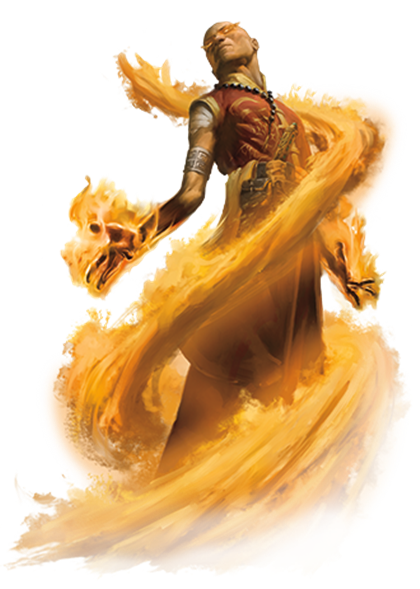
Sorcerers are primarily DPS (ie high damage dealers) from a distance. The default sorcerer is a blaster who stacks up on damage-dealing spells first and foremost, and takes a minor in another school of magic like illusion, enchantment, or abjuration to augment their combat abilities. Other roles the Sorcerer can fill are controller, striker, or a utility caster.
Strengths:
- Spellcasting. The most powerful abilities in the game all stem from spells, and the Sorcerer list is second only to that of Wizard. Sorcerers have access to a huge list of spells that have wide ranging effects.
- Spellcasting versatility. Sorcerers have a bank of sorcery points that they can use to cast additional spells per day, making them the most prolific spellcasters in the game. Alternatively, they can spend these points on metamagic.
- Party Spokesman. Sorcerers have Charisma as a main stat, and have a selection of Charisma-based skills so they make a good spokesperson for the party, given their proficiency with social skills.
Weaknesses:
- Lack of Versatility. You have a huge spell list, but a very small number of spells known. Sorcerers rely on their metamagic to increase the potency of the spells they know.
- Glass cannon. A sorcerer doesn’t get a ton of hit points, and also doesn’t get any armor proficiency. Expect to fight from a distance; if you get into melee you’re going to have a bad time.
Check out this video by Don’t Stop Thinking which summarizes the D&D Sorcerer Class:
Ability Scores
Strength: Unimportant for Sorcerers, as you rely on your magic to do the heavy lifting for you.
Dexterity: You need a bit of Dexterity to have a somewhat decent armor class to again make up for your low hit dice and lack of armor proficiencies.
Constitution: You’ll need decent Constitution to make up for your low hit die.
Intelligence: Only important for saves.
Wisdom: Only important for saves.
Charisma: Your spellcasting and most important skills are tied to Charisma.
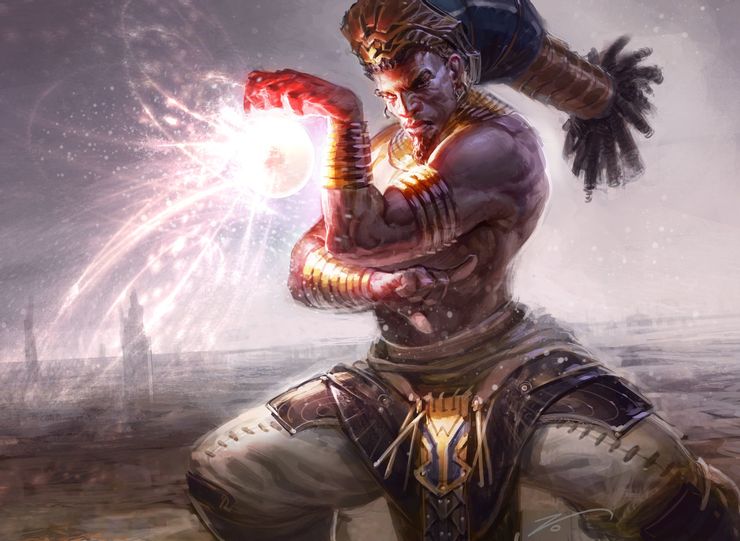
Races
Greyhawk and Forgotten Realms Races
AarakocraEEPC: Aside from flight, this race doesn’t have much to offer a Sorcerer.
AasimarVGtM: The base Charisma enhancement makes this a good base choice for race. However, most of their other abilities are geared towards martial characters.
Fallen: The strength bonus is wasted.
Protector: Wisdom isn’t a stat you need too much of as a Sorcerer.
Scourge: The Constitution increase is just what you need
BugbearVGtM: Not useful for Sorcerer.
DhampirVRGtR: There’s nothing appealing for Sorcerer here.
Dragonborn: The Strength boost is all but wasted, but the Charisma increase helps out. Resistance to an energy type, and a breath weapon are both welcome additions to your abilities. If you’re going for a melee build sorcerer, this is a great place to start.
Dwarf: Dwarf is a hard sell for Sorcerers, as there aren’t any ability score increase that play well with your desired build. They do offer a bit of extra defense, which you sorely need.
Hill Dwarf: This subrace grants you a ton of extra hit points, but that’s about it.
Mountain Dwarf: Another good starting point for a melee sorcerer build. The armor and Constitution this subrace offers give you a solid core. Make sure to follow up with defensive spells.
DuergarSCAG: Not useful for Sorcerer.
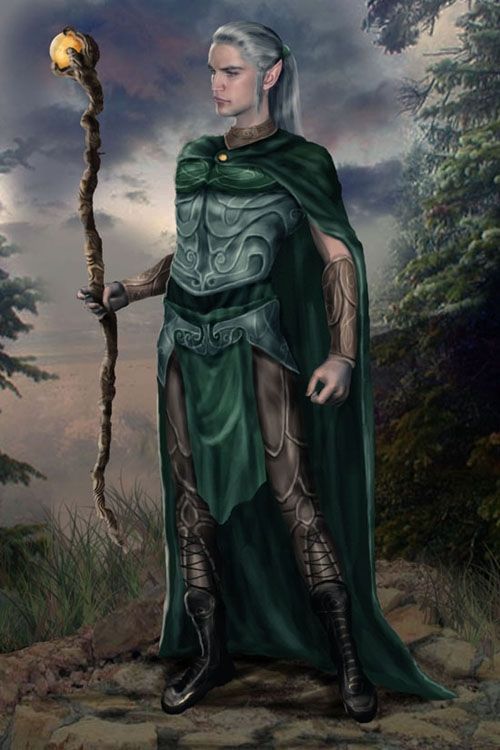
Elf: Dexterity and perception are two key traits that will keep you alive.
Drow: Charisma and some spells, but he sunlight sensitivity is hard to get over.
EladrinMToF: Charisma and a short-range teleportation ability to get you out of harm’s way. One of the best races for Sorcerers.
High Elf: Not useful for Sorcerer.
Sea ElfMToF: Not useful for Sorcerer.
Shadar-KaiMToF: Not useful for Sorcerer.
Wood Elf: Not useful for Sorcerer.
FairyTWBtW: Flight and free spells make this an incredibly powerful race for a spellcasting class.
FirbolgVGtM: Not useful for Sorcerer.
GenasiEEPC: The Constitution increase helps keep you alive, but otherwise none of the Genasi races offer a very compelling reason to choose one of them over some of the better options.
Air: Not useful for Sorcerer.
Earth: Not useful for Sorcerer.
Fire: Not useful for Sorcerer.
Water: Not useful for Sorcerer.
GithMToF: The Gith races aren’t very synergistic with casters, as they offer a ton of martial abilities.
Githyanki: If you are looking for a very strong starting point for a melee Sorcerer, this is your best bet. The Githyanki race gives you proficiency with medium armor and longswords, so you’re free to focus the rest of your build on casting. If you’ve got he ability scores to back this up, it can become a very powerful build.
Githzerai: Not much here to help with your Sorcerer.
Gnome: Gnomes make great Wizards, but poor sorcerers.
Deep (Svirfneblin)EEPC/SCAG: Not useful for Sorcerer.
Forest: Not useful for Sorcerer.
Rock: Not useful for Sorcerer.
GoblinVGtM: Not useful for Sorcerer.
GoliathVGtM/EEPC: Not useful for Sorcerer.
Half-Elf: Half-elf is one of the strongest races, and is a good starting point for any character build.
Standard: A solid choice for any character build.
AquaticSACG: Only good in an aquatic campaign.
DrowSCAG: The extra spells can’t hurt, but you’ve already got enough spell options.
Moon/SunSCAG: You already have the most cantrips, why not get one more?
WoodSCAG: Not useful for Sorcerer.
Half-Orc: Not useful for Sorcerer.
Halfling: The Dexterity is nice, and Lucky is a solid ability that will take some of the strain off your attack rolls with cantrips.
Lightfoot: Charisma and Stealth, your main ability and a great auxiliary skill.
GhostwiseSCAG: Not useful for Sorcerer.
Stout: Not useful for Sorcerer.
HarengonTWBtW: Rabbit Hop gives you an escape button from melee.
HexbloodVRGtR: Thematic, and powerful. You gain several useful magic pseudo-spells including scrying, message, and two very useful spells added to your spell list with a free cast once per long rest.
HobgoblinVGtM: Not useful for Sorcerer.
Human: Another extremely versatile and strong race for any situation.
Standard: Sorcerer is a one-stat class. You’re better off min-maxing than rounding out.
Variant: Your first level feat can be character-defining if you choose spell sniper or inspiring leader.
KenkuVGtM: Not useful for Sorcerer.
KoboldVGtM: If you know find familiar and can constantly benefit from your pack-tactics, you’ve got a…decent build? Chances are you’re going to be stressed to make this work.
LizardfolkVGtM: Not useful for Sorcerer.
OrcVGtM: Not useful for Sorcerer.
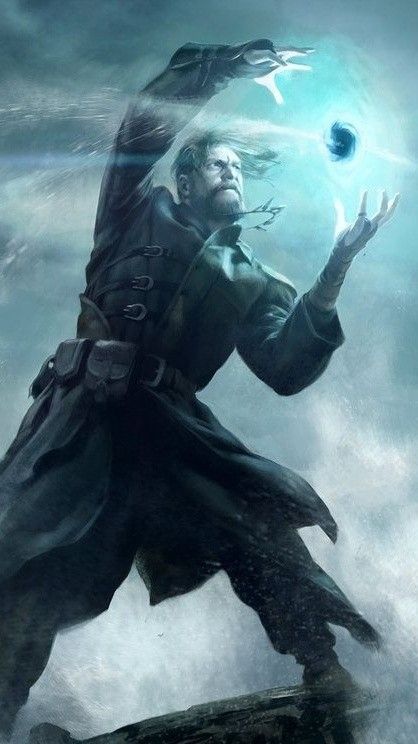
RebornVRGtR: This is a mediocre race at best.
TabaxiVGtM: The Charisma and Dexterity increases, plus the climbing ability make you a mobile threat.
Tiefling: Charisma increase, fire resistance, and several other abilities depending on the subrace make this a great race to choose.
Standard: The basic out-of-the-box tiefling is a very strong race for sorcerer.
Devil’s TongueSCAG: Strictly better than the standard version.
FeralSCAG: This one has a bad ability spread for Sorcerer.
HellfireSCAG: Burning Hands is worse than Hellish Rebuke, considering your spell spread from your class.
WingedSCAG: Flight is always better.
AsmodeusMToF: A fine option, but not as good as Devil’s Tongue or the Winged variants.
BaalzebulMToF: The intelligence bonus is wasted on Sorcerer.
DispaterMToF: The bonus Dexterity gives you better armor class.
FiernaMToF: Poor ability score increase, great spells.
GlasyaMToF: The bonus Dexterity gives you better armor class.
LevistusMToF: More Constitution means more hit points, and decent spells.
MammonMToF:The intelligence bonus is wasted, and the spells are situational.
MephistophlesMToF: The intelligence bonus is wasted, and the spells are all melee focused.
ZarielMToF: Strength isn’t a stat you need.
TortleXGE/TP: The natural armor provided by this race is the only thing of regard for a Sorcerer.
TritonVGtM: The ability spread is great, and the natural spellcasting is welcome.
Yuan-Ti PurebloodVGtM: Great Charisma incresase, magic resistance, and poison immunity make you really tough.
Eberron Races
ChangelingERLW: Charisma and a flexible ability score increase, plus shapeshifting make this an awesome class for an intrigue campaign.
KalashtarERLW: Charisma increase, and bonus to Wisdom saves.
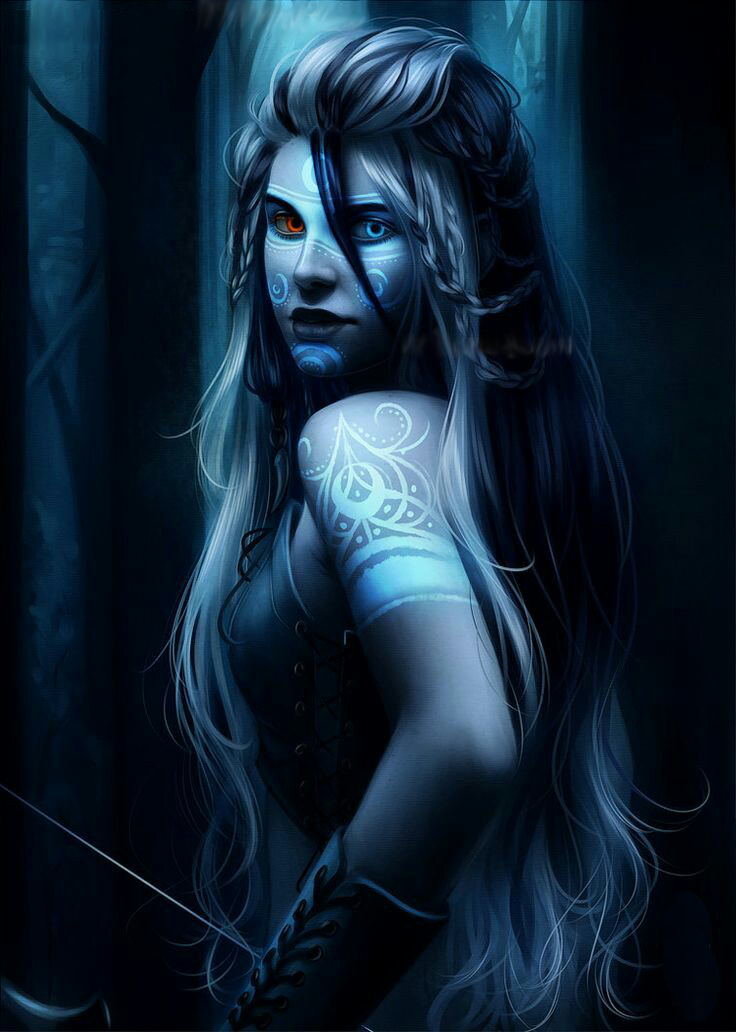
OrcERLW: Not useful for Sorcerer.
ShifterERLW: Not a very useful race in general for Sorcerer, though depending on the subrace you may have some success with this.
Beasthide: Not useful for Sorcerer.
Longtooth: Not useful for Sorcerer.
Swiftstride: The small Charisma increase and shifting feature would work towards a melee sorcerer build, though there are better options for this.
Wildhunt: Not useful for Sorcerer.
WarforgedERLW: While not thematic, given the sorcerous origin implies a bloodline connection to a magical being and Warforged are artificial beings, mechanically you can use this just fine. The flexible ability score increase, natural armor, and other racial abilities make you quite robust as a sorcerer.
Strixhaven Races
OwlinSACoC:
Ravnica Races
CentaurGGTR: Not useful for Sorcerer.
LoxodonGGTR: Not useful for Sorcerer.
MinotaurGGTR: Not useful for Sorcerer.
Simic HybridGGTR: The flexible ability score increases are great for any class. The Animal Modifications can give you mobility and defensive powers you sorely need, given your low hit dice and lack of armor.
VedalkenGGTR: Not useful for Sorcerer.
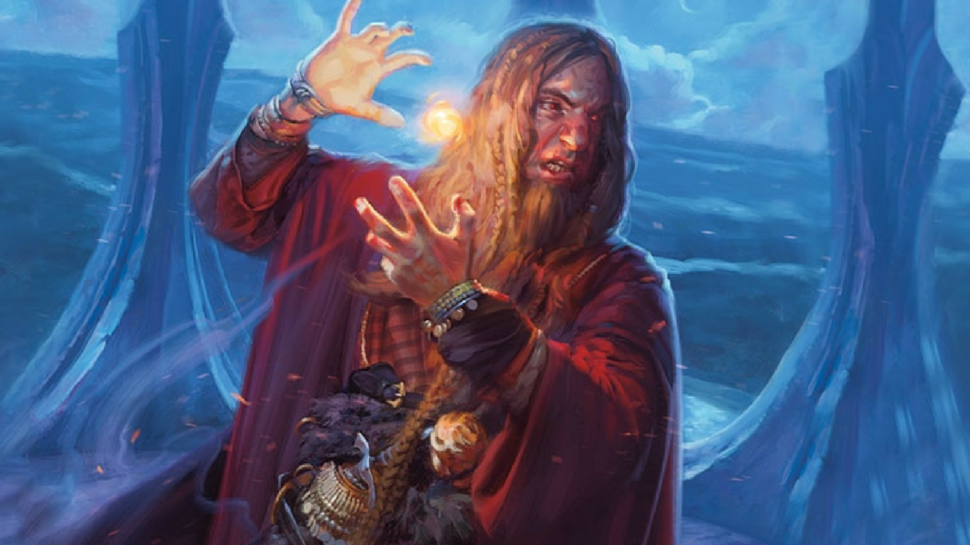
Class Features
Hit Dice: d6 hit die is the lowest available.
Weapon Proficiencies: Daggers, darts, slings, quarterstaffs, and light crossbows. The weakest selection of weapons of any class.
Armor Proficiencies: None.
Tool Proficiencies: None.
Saving Throws: Constitution and Charisma
Spellcasting: Sorcerers have a small list of spells known, but if you know it you can cast it so long as you have a spell slot available to do so. While you don’t have as large of a spell list as Wizard, you’ve got everything that you’d want to. Sorcerer also gets more cantrips than any other class, capping out at 6 by 10th level.
Font of Magic: This is the definitive ability of the sorcerer class. Learn how to judiciously use your sorcery points, and you will operate at peak efficiency.
Sorcery Points: All your abilities are fueled by your sorcery points. You have a pool of SP equal to your level, and they recharge after a long rest.
Flexible Casting: The option to convert sorcery points into extra spell slots gives you more spells per day. This is especially useful in the case of an unexpected travel encounter or wandering monster that is tougher than your cantrips.
Metamagic: This ability lets you stretch the usefulness of your spells to the limits.
Careful Spell: Avoiding hitting allies with spells is a courtesy most casters extend to their party members by default. If you’re too lazy to calculate spell areas, this metamagic ability can help you out.
Distant Spell: Rarely will you come up short on range for your spells. This is one of the lesser metamagic abilities compared to quickened and twinned spell.
Empowered Spell: By rerolling 1’s on your damage roll, you’ll gain an average 1 point of damage per two dice rolled. The higher level the spell, the better this ability is.
Extend Spell: most low-level buffs have a longer duration than the better, higher level ones. If you take this, you’ll want to save it for one of those 1-minute duration buff spells
Heightened Spell: This should be used on any spell that has a save to negate the effect, such as hold person and the like.
Quickened Spell: One of the holy grail of casts. The only thing better than casting one spell in a round is casting two spells in a round. By casting a spell as a bonus action, you can cast another (provided one is a cantrip) in the same round, giving you a front-loaded approach to combat. This allows you to debuff and smack someone in a killer one-two punch. This ability gives you killer action economy.
Subtle Spell: Very situational. If you’re cross-classing and trying to emulate a Rogue or Ranger, you might benefit from this advantage to maintain the element of surprise even when casting with
Twinned Spell: Again, the only thing better than casting one spell is casting two spells. Twinning the same spell gives you extra oomph. What’s that, the target made the save? Have them do it again. Still alive after a magic missile? how about another one! Another ability that gives you killer action economy.
Sorcerous Restoration: Regaining 4 sorcery points per short rest can net you 8 extra sorcery points per day on average. Since sorcery points fuel your class abilities, getting any number of extra is a boon.
Sorcerous Origins
Aberrant MindTCOE
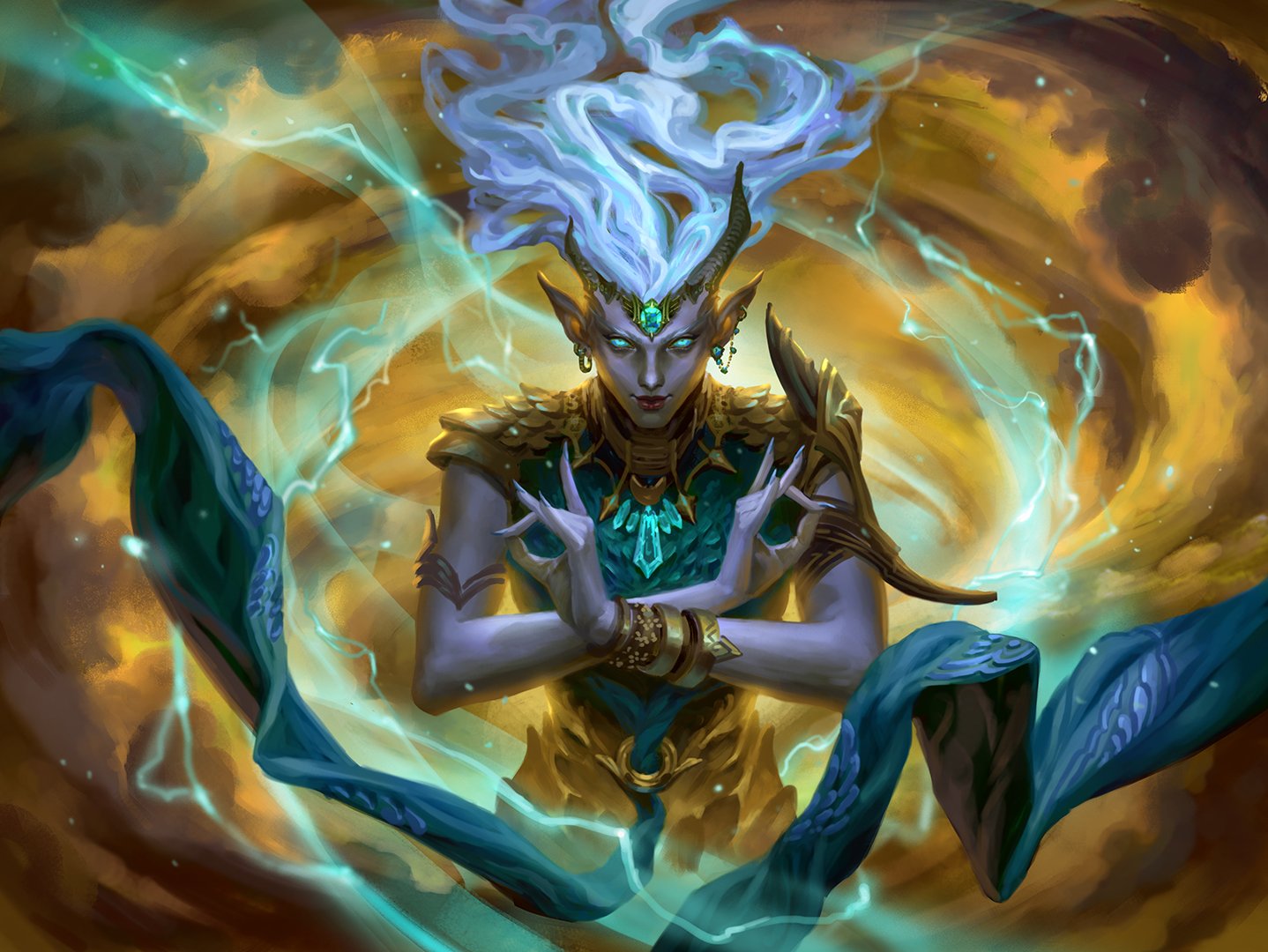
The Psychic Sorcerer is strictly better than most of the other Sorcerer subclasses. The amount of flexibility and on-demand powers this class offers are second to none. Wilders were one of the most terrifying classes in 3.5 edition, and the upgrade to 5e here is an absolute powerhouse of a team player and swiss army knife of combat staple abilities.
Psionic Spells: The list of spells is decent, but the real joy of this class is the customization it offers. You can replace one of the psychic spells each time you level up, so you have your pick of divination and enchantment spells.
1st-level: You’re likely going to swap these spells out for the ones you specifically want.
3rd-level: Detect thoughts defeats invisibility or a stealth check of any DC.
5th-level: Hunger of Hadar is a warlock-only spell you can play with now.
7th-level: Black tentacles is a fantastic control option.
9th-level: Telekinesis is a crazy powerful and versatile spell.
Telepathic Speech: This is a neat perk of the class, but there are better ways to accomplish this.
Psionic Sorcery: This basically gives you the silent spell metamagic feat for free and is a more efficient way to use your sorcery points.
Psychic Defenses: A damage resistance and advantage on saves against the worst effects out there.
Revelation in Flesh: every single one of these abilities is necessary at higher levels, and you have them on call.
Warping Implosion: an amazing battlefield control option. If you’ve got flight and can hover over a pit, you can drain the bowl in one shot.
Clockwork SoulTCOE
The opposite of the Wild Magic sorcerer, this subclass is the most orderly and least variable way to play the game. Most of your abilities are preventative, or even odds out to narrow ranges of possibility. It’s a purely support and safety-based build and will play contrary to the classic blaster sorcerer.
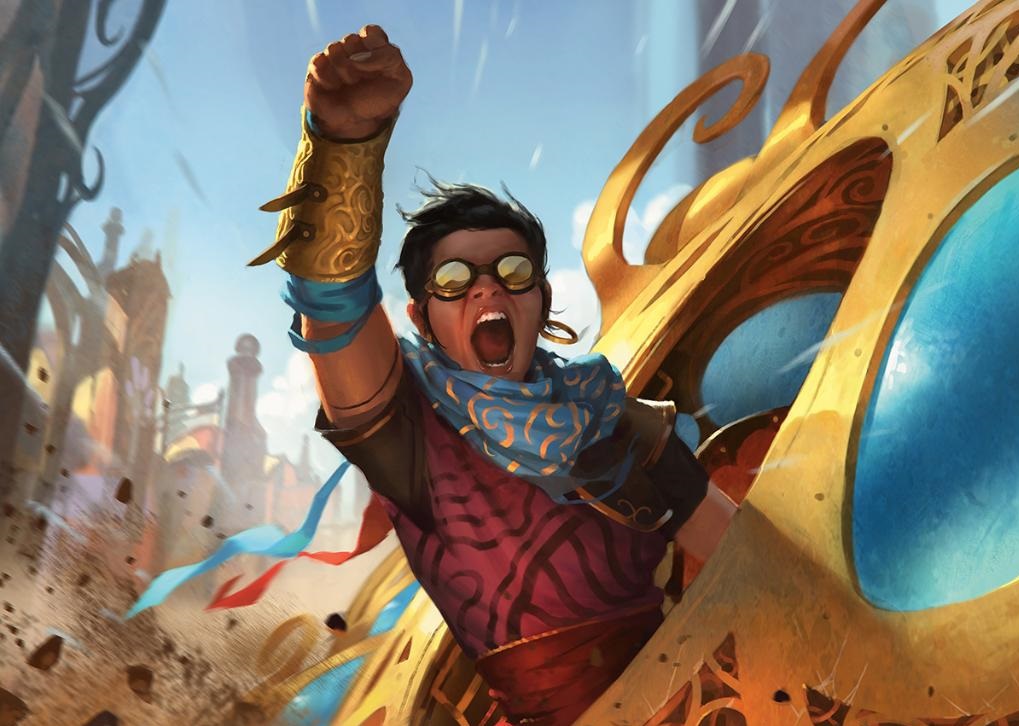
Clockwork Magic: The spells granted by this feature can be replaced as you level up, giving you a decent amount of flexibility in your character build.
1st-level: Two spells that you’ll like to have at all times. They’re both situational but having them ready makes them less of a burden to prepare or learn.
3rd-level: You get two of the best cleric spells. Don’t sleep on aid.
5th-level: Another two staple spells you’re probably otherwise going to agonize over taking in your limited list.
7th-level: Freedom of movement is important for casters who get bogged down by grabby opponents, and summon construct brings in a mook to take the heat for you. Both winners.
9th-level: Support and control are not normally in the sorcerer’s job description, but here you are, able to do them both.
Restore Balance: This support ability is great to use either offensively or defensively.
Bastion of Law: an interesting ability. It’s a complicated way of giving someone temporary hit points.
Trance of Order: If you hate the randomness of rolling a d20, this is the ability for you. This evens out all your rolls and prevents you from being at the mercy of poor odds otherwise.
Clockwork Cavalcade: This effect is extremely powerful, but also situational. Being able to use it for healing is great, but the other two uses are tough to use effectively.
Divine SoulXGtE
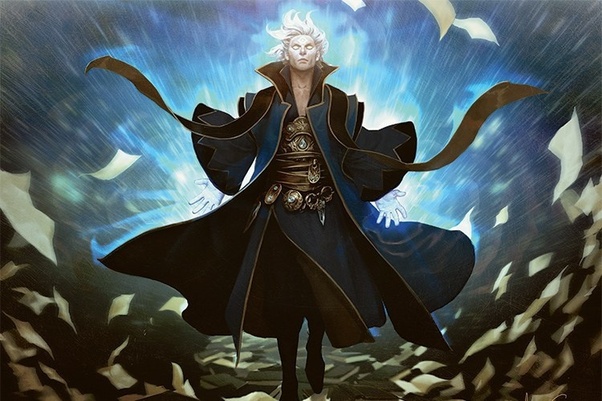
The Divine Soul Sorcerer splits the line between arcane and divine magic, granting you the option to learn spells from the Cleric list in addition to those from the Sorcerer list. In a group with a single caster, this is the subclass of choice, as it allows you to function as both blaster and healer. Sorcerer cantrips are more than adequate offensive weapons, and the bevy of curative options on the Cleric list can ensure you and your allies stick around long enough to win the day.
Divine Magic: The Cleric list is the premier location for curative and support magic. Keep in mind than this means you’re going to be splitting your spell slots between offensive and defensive casting, so choose your spells known wisely.
Good: Cure wounds is an obvious spell from the Cleric list you’re going to want to know, so this is a strong choice.
Evil: Inflict wounds is a powerful spell, but not a necessary one.
Law: Bless is a solid buff at any level. This is a good second choice to cure wounds.
Chaos: Bane is strictly worse than bless, as your goal is to minimize the time the spell is in effect by killing the recipients, thus minimizing its effectiveness.
Neutral: A catch-all buff that will always be useful.
Favored by the Gods: Most buff/reroll abilities offer less of a bonus than this one. Odds are you’ll increase your roll by +5 so it’s a huge bonus.
Empowered Healing: Healing during combat isn’t ideal, as it doesn’t work as well as damaging an enemy in terms of ending an encounter. Additionally, spending a sorcery point on a reroll is worse than just using metamagic to increase the effectiveness of your spells.
Otherworldly Wings: Persistent flight isn’t all too common.
Unearthly Recovery: This is a great ability, but by the time you get it, you can cast heal. If you know that spell, it’s more worth it than any other healing spell.
Draconic Bloodline
This sorcerous origin, when equipped with the Elemental Adept feat and the correct metamagic abilities, is an incredibly powerful blaster mage.
Dragon Ancestor: Choosing your element affects your class abilities gained later on, as well as the spells you’ll choose. Picking an element with a lot of spells available of that element is a good idea.
Acid: Doesn’t have a lot of spells to use, but Acid Arrow is a powerful one.
Cold: Fewer options than fire and lightning.
Fire: Far and away the most fire spells available for you. However, you’ll find plenty of things with resistance to fire.
Lightning: As common as fire, and fewer things that resist it. However, the spell options are slightly less powerful.
Poison: Poison resistance and immunity are the most common energy type resistances.
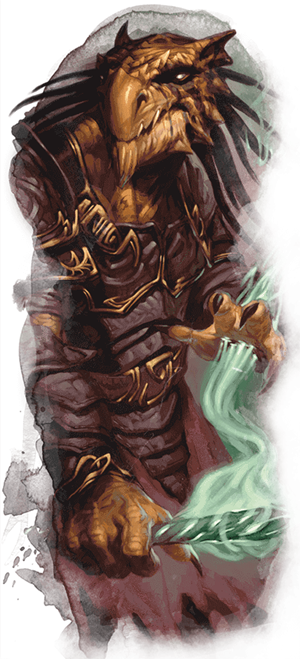
Draconic Resilience: Provided you’ve got decent ability scores, you can save the spell slot on mage armor once you get this ability.
Elemental Affinity: Consistency added to your damage roll spells.
Dragon Wings: Flight is the strongest advantage in the game. It provides mobility and advantage.
Draconic Presence: By the time you get this, you should know enough spells to figure things out without spending a huge amount of sorcery points towards this.
Shadow MagicXGtE
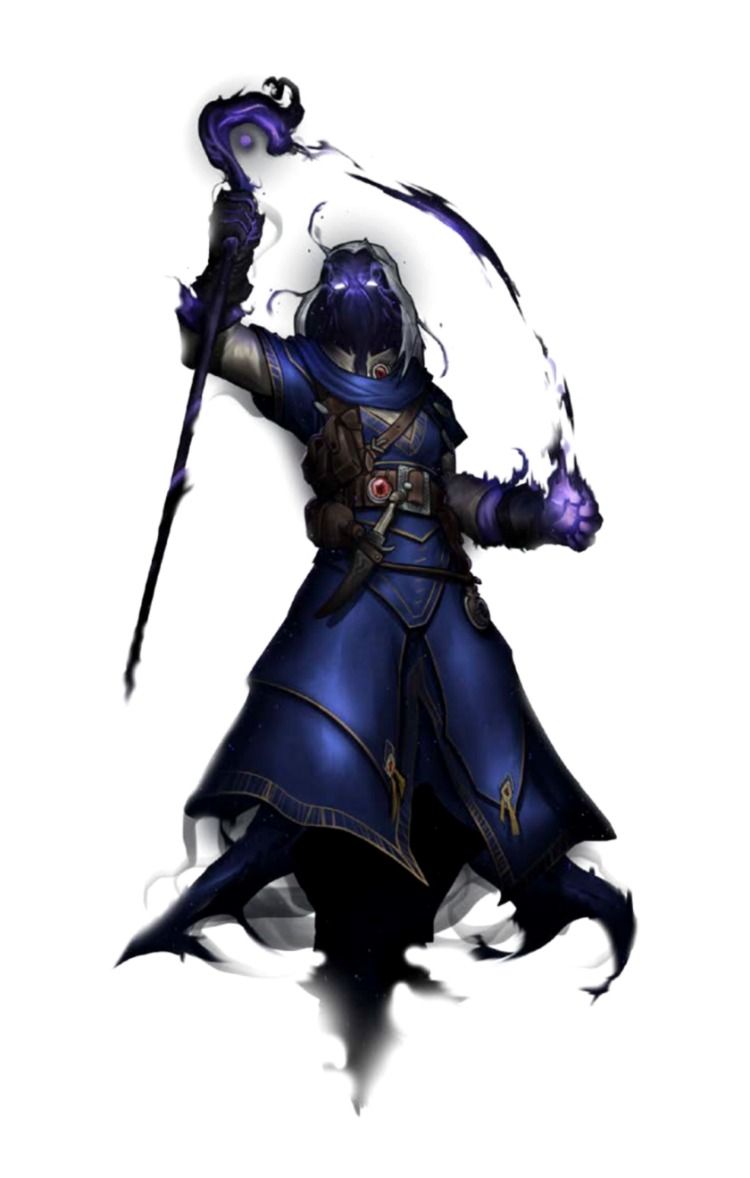
As long as you aren’t fighting a creature with Devil’s Sight, you’ll be able to manipulate sight lines to your advantage. Shadow Magic is tricky and powerful.
Eyes of the Dark: Gaining 120 ft darkvision gives you advantage over most other creatures in terms of visibility in darkness. Adeptly using your darkness abilities to trick your opponents is priceless.
Strength of the Grave: This will keep you alive, but it’s got some clear vulnerabilities in most higher-level effects that deal a ton of damage all at once.
Hound of Ill Omen: Dire Wolves are powerful at lower levels, and at higher levels imposing disadvantage on saves against spells that will otherwise disable a powerful foe makes this ability useful at any tempo.
Shadow Walk: At-will teleportation using your bonus action.
Umbral Form: This is one of the few Sorcerer capstone abilities that is actually a savings when using sorcery points to trigger instead of using spells to emulate it.
Storm SorceryXGtE
This brand of sorcerous magic is best reserved for the crazy melee sorcerer. Most of the abilities require you to be within close range of your enemies to function or have any real merit to them. Otherwise, the best features of this class are towards the end, making you not useful early on and only gaining your true power when you’ve already got high level spells.
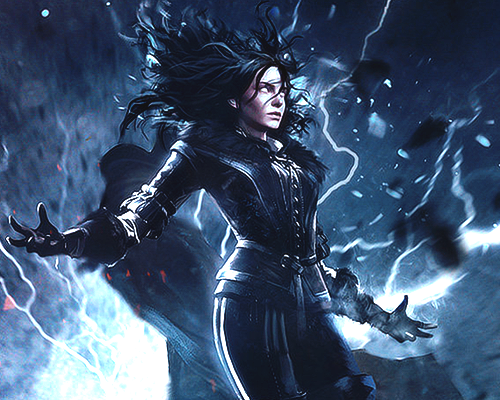
Wind Speaker: Four language proficiencies.
Tempestuous Magic: Flying 10 feet isn’t very far horizontally speaking. The only real strategic use is to break melee range before fleeing, and getting up onto a ledge overhead to escape a foe.
Heart of the Storm: You generally don’t want to be in melee as a sorcerer. It’s going to be tough to use this ability when you’re not getting your teeth kicked in.
Storm Guide: This is great in a seafaring campaign, and useless otherwise.
Storm’s Fury: Contrasting and combining with Hearth of the Storm, this will help you dish out quite a bit of damage. However, bringing opponents into melee range you’ll find yourself in more trouble than you can handle.
Wind Soul: Flight for everybody! The only shame is this comes so late.
Wild Magic
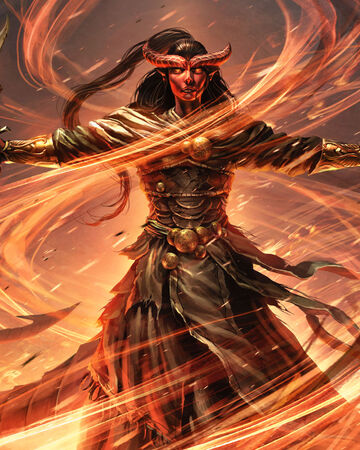
The chaotic nature of this sorcerous origin makes it hard to predict and reliably create magic effects. It’s a ton of fun to play if you enjoy the random whimsical nature of wild magic. Overall, your spells will be unreliable. There’s a chance you’ll nuke the area of your defensive buffs with a fireball or turn into apotted plant in the middle of a battlefield. However, you could also spontaneously nuke the battlefield, or turn into a potted plant while infiltrating a hideout.
Wild Magic Surge: The core ability of this path, it requires a constant interaction and mindfulness between the player and the DM. It makes your magic unreliable but also flashy and fun, if you’re into chaos.
Tides of Chaos: You can use this to reroll every save you make if you’re smart about it.
Bend Luck: Spend the sorcery points to save your allies. They will thank you.
Controlled Chaos: This makes your wild surge less likely to wipe you out with an ill-times fireball.
Spell Bombardment: The additional damage granted can make the difference in a high-level boss fight.
Skills
Acrobatics: Not a useful skill in general in this edition, and not in your wheelhouse.
Animal Handling: Leave this to the nature-types.
Arcana: Your main skill and also responsibility in a party without a wizard. Otherwise, leave it to the egghead.
Athletics: Not for sorcerer.
Deception: The suite of Charisma-based skills should be your priority.
History: Leave it for the eggheads.
Insight: If you’re playing politics, this is very important to know when someone is trying to pull one over on you.
Intimidation: Not the most important, but it’s still a strong skill to have access to.
Investigation: Not necessary for Sorcerer.
Medicine: Not necessary for Sorcerer.
Nature: Not necessary for Sorcerer.
Perception: Not a skill to ignore, but not required for you.
Performance: Not your primary function, but if it fits the flavor of your character, it’s a good one.
Persuasion: Another primary party spokesperson skill.
Religion: Not necessary for Sorcerer.
Sleight of Hand: Not necessary for Sorcerer.
Stealth: Not necessary for Sorcerer.
Survival: Not necessary for Sorcerer.
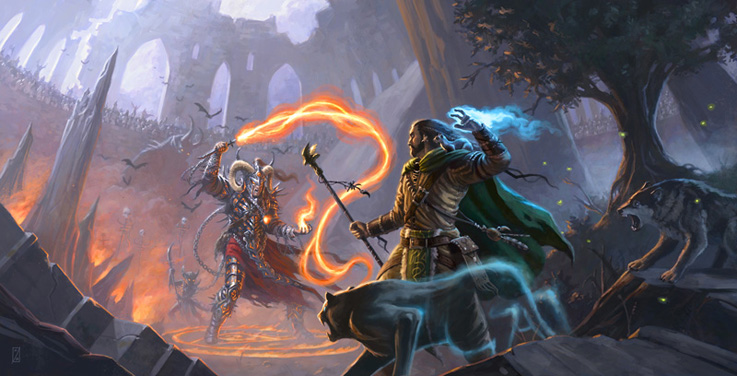
Backgrounds
Acolyte: Insight and two languages.
Charlatan: Not good for Sorcerer.
City WatchSCAG: For a well rounded character, sure.
Clan CrafterSCAG: Not good for Sorcerer.
Cloistered ScholarSCAG: Not good for Sorcerer.
CourtierSCAG: Insight is always useful, especially on a Charisma-based character. The choice of skills helps round out your Charisma-based skill list. And two bonus languages is never unwanted.
Criminal: For a Roguish flair, maybe? But here are better more highly functional backgrounds.
Entertainer: Charisma skills are never wasted.
Faction AgentSCAG: Insight and your choice of a list of useful skills, plus languages.
Far TravelerSCAG: This background is good in a variety of situations, and also on-theme for a mysterious natural-aptitude caster in a more traditional setting.
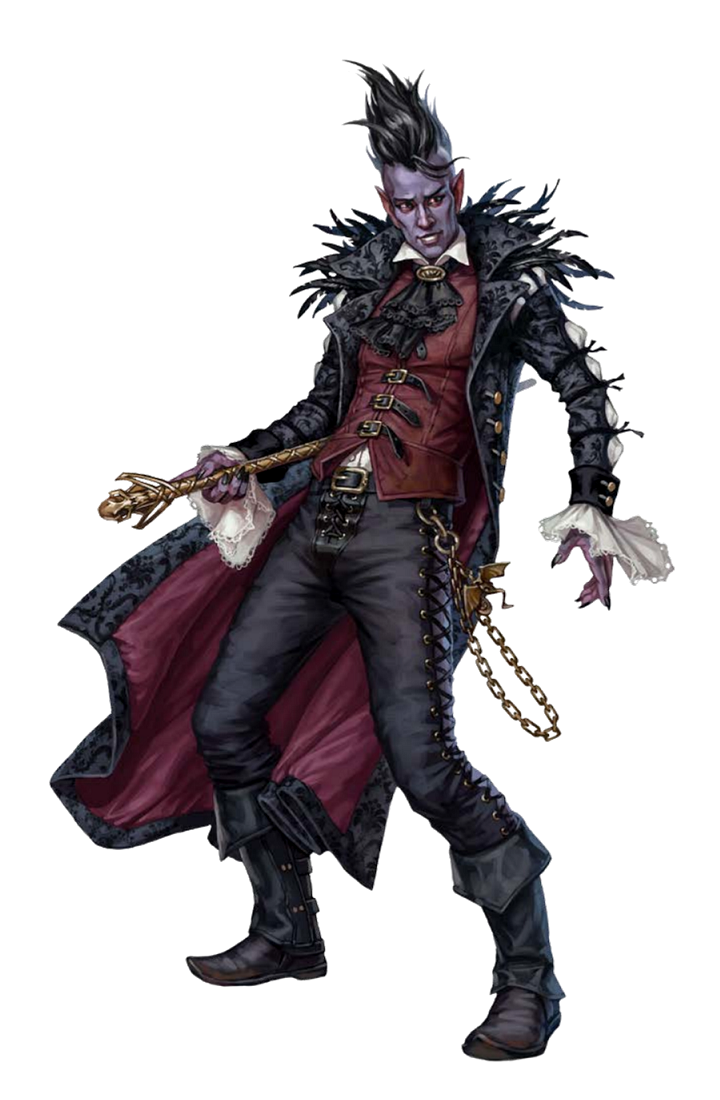
FeylostTWBtW: Deception is a strong skill for you, but there isn’t much else here
FisherGoS:Not good for Sorcerer.
Folk Hero: Not good for Sorcerer.
Guild Artisan: Two solid skills and a language, plus a tool proficiency which you will probably never need or use.
Haunted OneVRGtR: This isn’t very useful for you.
Hermit: This is the PHB recommendation, but in reality its one of the worse options. Guild Artisan is the obvious choice out of the PHB, and the best options come from the SCAG.
InheritorSCAG: Not good for Sorcerer.
InvestigatorVRGtR: No synergies to be found here.
Knight of the OrderSCAG: Not good for Sorcerer.
Prismari StudentSACoC: Additional spells from your list, and some mediocre skills.
Quandrix StudentSACoC: Utility cantrips, choice of a wizard spell, and a list of spell additions thatyou either already have, or don’t need.
Lorehold StudentSACoC: Bad skills for you, and no good spells.
MarineGoS:Not good for Sorcerer.
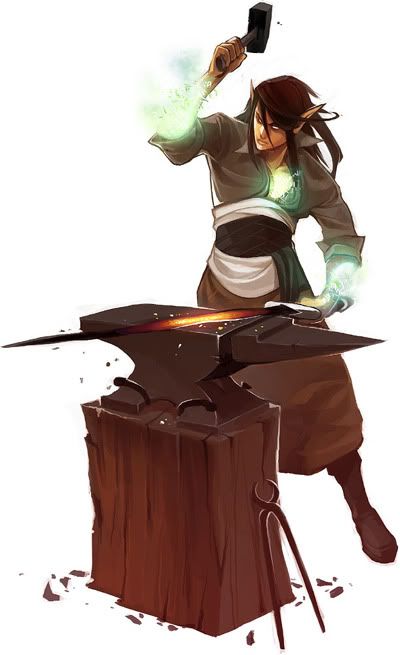
Mercenary VeteranSCAG:Not good for Sorcerer.
Noble: Not good for Sorcerer.
Outlander: Not good for Sorcerer.
Sage: Not good for Sorcerer.
Sailor: Not good for Sorcerer.
ShipwrightGoS: Not good for Sorcerer.
Silverquill StudentSACoC: Two charisma-skills, and a list of spells known that make you an effective controller.
SmugglerGoS: For a Roguish flair, maybe? But here are better more highly functional backgrounds.
Soldier: Not good for Sorcerer.
Urban Bounty HunterSCAG: The skills make it worth it.
Urchin: For a Roguish flair, maybe? But here are better more highly functional backgrounds.
Uthgardt Tribe MemberSCAG:
Waterdhavian NobleSCAG: A case could be made for this, and flavor-wise it works, but here are just better ones to choose from if you really want to capitalize on your class’s function and abilities.
Witchlight HandTWBtW: Mostly Dexterity-based skill and tool proficiencies that are very useful for you if you have the stats to back it up.
Witherbloom StudentSACoC: Choosing this background gives you access to decent healing spells, including spare the dying, and some skills you’re unlikely to use.
Feats
Alert: The initiative bonus is compelling, but overall there are better feats for you.
Athlete: Not meant for you.
Actor: For flavor purposes only, otherwise stick to something more combat-ready.
Charger: Not good for Sorcerer.
Crossbow Expert: Not ideal, unless you whittle wands into arrows or something.
Defensive Duelist: Another feat not meant for casters.
Dual Wielder: Not good for Sorcerer.
Dungeon Delver: Not good for Sorcerer.
Durable: Not good for Sorcerer. If you’re looking for more hit points or defenses, cast false life or take the inspiring leader feat.
Elemental Adept: This is a great feat for a blaster sorcerer.
Grappler: Not good for Sorcerer.
Great Weapon Master: Not good for Sorcerer.
Healer: Not good for Sorcerer.
Heavily Armored: Not good for Sorcerer.
Heavy Armor Master: Not good for Sorcerer.
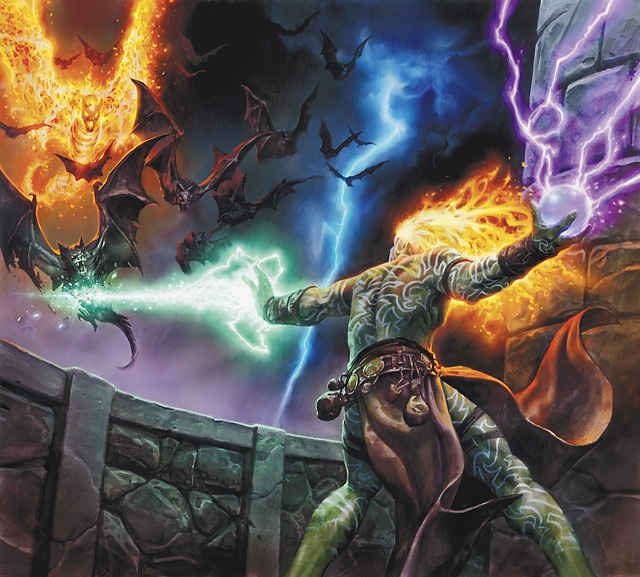
Inspiring Leader: You’re Charisma-based, and Sorcerers don’t have access to healing magic, so this is your best shot at supporting the party on that front.
Keen Mind: Not good for Sorcerer.
Lightly Armored: If you know mage armor you can spend a 1st level cast instead of wasting a feat.
Linguist: You can cast tongues which is strictly better.
Lucky: If all goes to plan, you won’t be rolling many attack rolls or saves, relying instead on spells with saves required of the targets. This is the one case where this feat isn’t an optimal choice.
Mage Slayer: As a mage yourself, this should be offensive.
Magic Initiate: Sorcerer already knows the most cantrips of any class, and knowing one more 1st-level spell won’t be make or break point on your character.
Martial Adept: Not good for Sorcerer.
Medium Armor Master: Not good for Sorcerer.
Mobile: Not good for Sorcerer.
Moderately Armored: Not good for Sorcerer.
Mounted Combat: Not good for Sorcerer.
Observant: The effect is great, but it’s outside your targeted stat spread, rendering it almost useless.
Polearm Master: Not good for Sorcerer.
Resilient: Picking up extra saving throws never hurts, though there are better feats for you.
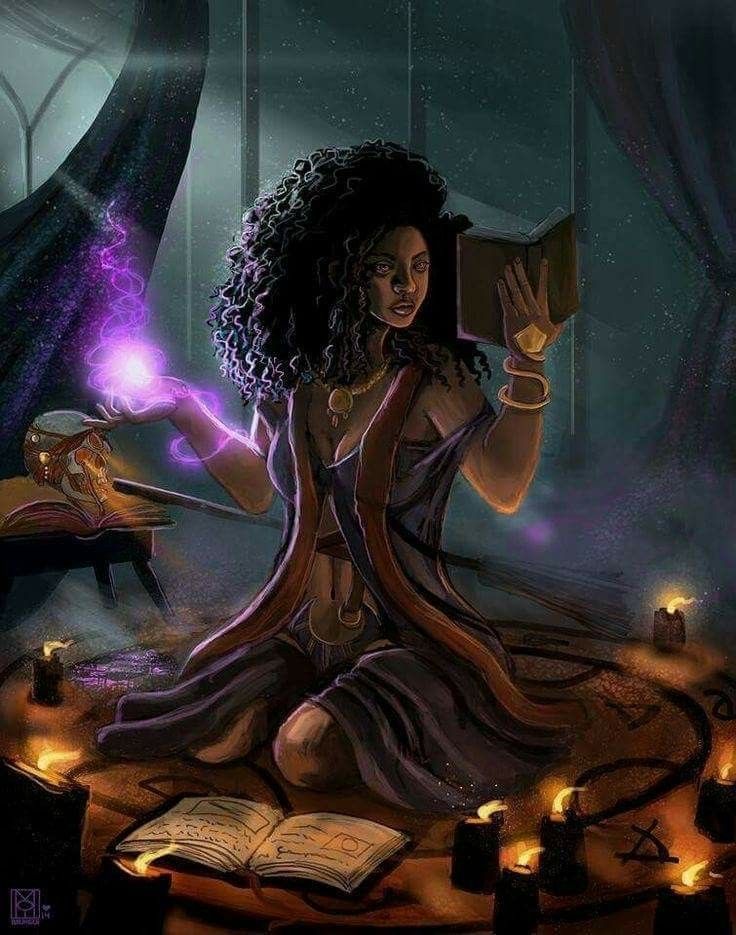
Ritual Caster: Here’s a worthwhile feat. Sorcerers can’t cast Ritual spells by default, so this frees up a bunch of your spell slots for detect magic, identify, and find familiar.
Savage Attacker: Not good for Sorcerer.
Sentinel: Not good for Sorcerer.
Sharpshooter: Not good for Sorcerer.
Shield Master: Not good for Sorcerer.
Skilled: If you’re heavily Charisma based and don’t have all the skills that go with it, here’s your chance to pick up the rest you didn’t get from your background.
Skulker: Not good for Sorcerer.
Spell Sniper: If you’re going to be focusing on your cantrips for damage, this is the ideal feat. It also allows you to pick up Eldritch Blast, which is objectively the best cantrip in the game.
Tavern Brawler: Not good for Sorcerer.
Strixhaven InitiateSACoC: Magic Initiate is a better choice.
Strixhaven MascotSACoC: You already have find familiar on your list.
Tough: Not good for Sorcerer.
War Caster: A strong feat, but a melee build is not easy to pull off. If it’s what you’re going for, this feat is mandatory. Otherwise, avoid melee situations altogether.
Weapon Master: Not good for Sorcerer.
Weapons and Armor
Sorcerers are only proficient with a small selection of simple weapons and not with shields or armor. You will need to rely on your magic to protect you, and to defeat your foes. Taking a level in a class proficient with at least light armor gives you a little bit of resilience, but is a big enough handicap on your magic to avoid. The best ways to protect yourself are to know the mage armor spell, take a 2-level dip into Warlock to get some spell slots and proficiency with medium armor, or just rely in increasing your Dexterity or Constitution to make up for it. As far as offense goes, you don’t really need weapons if you pick the right cantrips. Having access to a melee range and ranged damage-dealing cantrip alleviate the need for you to carry steel.
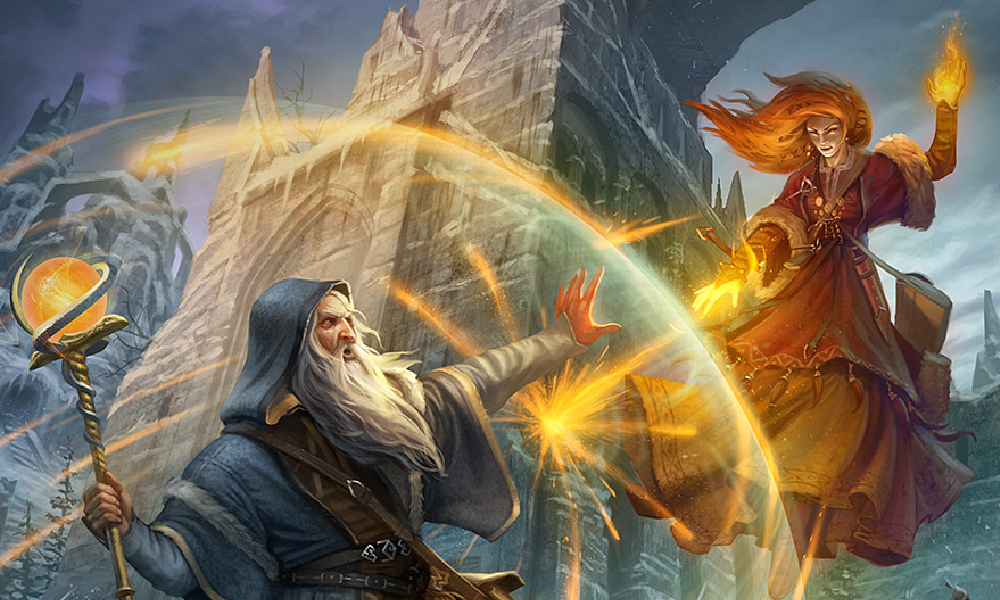
Magic
Cantrips (0-Level)
Acid Splash: Only good with adjacent enemies.
Blade Ward: You might as well take the Dodge action, and have the chance to not take any damage instead:
Booming BladeSCAG: Not very useful for sorcerer, since you don’t typically make weapon attacks.
Chill Touch: Fire bolt, but less damage. The debuff is very situational.
Create BonfireEEPC: It’s technically an AoE, but is less impactful than just using firebolt over and over again.
Dancing Lights: A distraction, and nothing more.
Fire Bolt: The go-to cantrip. Solid damage that scales with level and great range.
Friends: This spell is tough to use effectively. The target knows they’re been had once the duration expires, so you better be gone before then.
FrostbiteXGtE: Low damage, but the debuff is huge especially at low levels where action economy is a little more sparse for enemies.
Green Flame BladeSCAG: Terrible for Sorcerer, as you won’t be using weapons.
InfestationXGtE: Constitution saves are generally easy for enemies to beat.
Light: Just carry torches, or choose a race with darkvision.
Mage Hand: A great ability. You can disarm traps, touch dangerous items, and protect yourself from small threats with this.
Mending: Flavorful, and not useful in general.
Message: Quick communication, good for sneaky missions.
Minor Illusion: Another open-ended spell that’s ready for many creative and tricky uses.
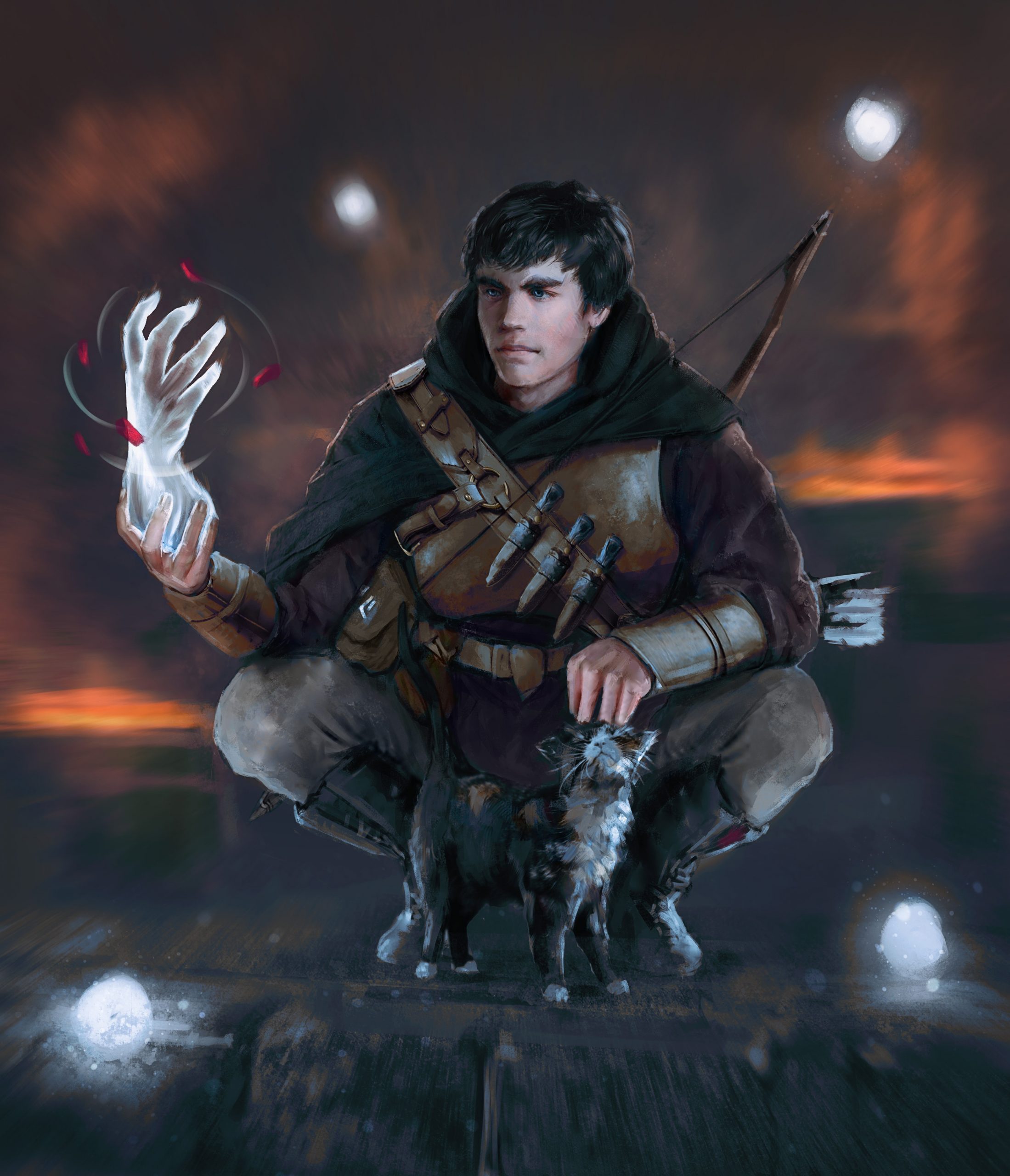
Poison Spray: Decent damage, but a lot of things are immune/resistant to poison, even at low levels.
Prestidigitation: An open-ended spell that can cause any minor effect you can imagine.
Ray of Frost: Frostbite is strictly better.
Shape WaterXGtE: A clever player can do a lot of things with this. It’s similar to prestidigitation and thaumaturgy in that it’s very open ended.
Shocking Grasp: A melee spell with worse damage than your ranged cantrips. Advantage for attacks in a foe wearing metal armor can’t save the fact that this goes against your class’ function as a ranged blaster or controller.
Sword BurstSCAG: You shouldn’t be in melee.
ThunderclapEEPC: Slightly worse version of sword burst.
True Strike: Attacking twice is generally a better option. Only useful if there’s a situation where you’re unable to attack in a round.
1st-Level
Absorb ElementsXGtE: Next to shield, this is a necessary defensive option. It’s an amazing reaction that will save your life.
Burning Hands: A short cone area of effect, but decent damage. You generally don’t want to be in melee, so this is more reactionary than a planned assault.
CatapultEEPC: Decent damage, and if the target saves there’s still a chance it does something.
Chaos BoltXGtE: Strong single-target damage, but if the target has any resistances there’s a chance it will be less than effective.
Charm Person: Outside of combat, this is super useful. While in a fight, it’s tricky to use it effectively and not allow the target a chance to break the enchantment.
Chromatic Orb: More predictable than chaos bolt, but much shorter range.
Color Spray: Weak.
Comprehend Languages: Not as good as Tongues, and hopefully you’ve got a diverse enough party to avoid needing magic to communicate with others.
Detect Magic: Essential, but hopefully you have another way to cast it reliably instead of using a spell slot every time.
Disguise Self: Disguise Kit: The Spell!
Expeditious Retreat: The speed boost isn’t very important for a caster.
False Life: You should save your low-level slots for shield by the time you’re throwing away low-level spells on effects like this.
Feather Fall: This will save your life, along with any others nearby. Fall damage can kill you easily at low levels, so this will prevent an embarrassing level 1 TPK.
Fog Cloud: Great cover.
Ice Knife: This spell allows a lot of saves to resist it, but it also deals a lot of chip damage.
Jump: While not the best spell to have on yourself as a Sorcerer, on a melee character struggling to get into position this grants them a ton of extra mobility.
Mage Armor: Your main source of AC outside of cross-classing to gain armor proficiency.
Magic Missile: One of the most reliable spells. It hits for damage, though not too much. But you can always rely on it to work as advertised.
Ray of Sickness: Less damage than other spells of this level, but he debuff can be very useful.
Shield: A must for a squishy sorcerer who likely has less than 16 AC.
Silent Image: The gap between the cantrip and the higher level illusion, this is a very useful spell that can deceive and provide cover for you.
Silvery BarbsSACoC: Imposing disadvantage on an enemy and granting advantage to an ally as a reaction provides a very useful tactical advantage.
Sleep: At low levels, this can knock out quite a few enemies. It scales poorly to higher levels, so it’s an easy one to replace as you grow.
Tasha’s Caustic BrewTCOE: it’s slow, incremental damage, but it’s strong on controlling action economy if you force the target to spend their turn shrugging it off.
Thunderwave: A low-level AoE that can draw attacks of opportunity if you manage to knock enemies away from your allies.
Witch Bolt: A solid damage spell for 1st level. You get a lot out of a single cast of this at a point in your character’s life when you may only have 2 spells to cast.
2nd-Level
Agnazzar’s ScorcherEEPC: A line spell, which is hard to aim effectively in order to maximize damage. Using a wider AoE spell like shatter will net you more damage per cast generally.
Alter Self: Not as powerful as polymorph, and too high in spell level to be worth it most times.
Blindness/Deafness: Blindness is the worst status effect for any weapon user or caster, as it imposes disadvantage on their attacks. Deafness isn’t as bad.
Blur: A very powerful defensive buff, taking a lot of heat off of you.
Darkness: Situational, but useful when it’s appropriate. It can cover an escape, temporarily disorient enemies, and cause a distraction.
Darkvision: Pretty much every race has darkvision in 5e, so this will rarely come into effect.
Detect Thoughts: Situational, but in an intrigue campaign this could be your bread and butter.
Dragon’s Breath: Should have been a Dragonborn! The damage on this is less than stellar. The versatility is its strength.
Dust DevilEEPC: Basically useless.
EarthbindEEPC: Bringing a flying enemy into melee range is often the only reliable way to take it out at low levels. You’ll be strapped for powerful ranged spells, but once it’s nearby your allies should make short work of it.
Enhance Ability: This provides a lot of options depending on what you need.
Enlarge/Reduce: A buff or a debuff when used on a creature. When used on objects, it’s got a lot of utility. Barricade a door with a curiously large chair, shrink something too heavy to carry normally.
Gust of Wind: Not as useful as it leads itself to be.
Hold Person: Paralysis essentially makes someone a sitting duck, allowing for automatic critical hits. However, it only effects a small subset of al the threats you will face, and they get a lot of chances to break out of the effect.
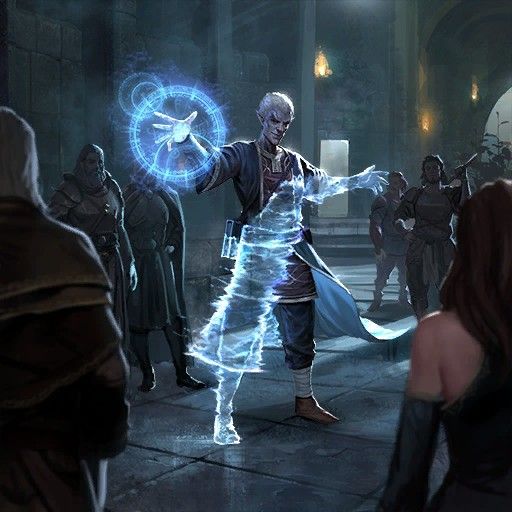
Invisibility: The best scouting and infiltration tool, and a great way to confuse and compound your enemies during combat. Long duration means you can use it for both in the same cast if you time it right.
Knock: If you don’t have a rogue or anyone with proficiency in thieves’ tools, this is mandatory. Otherwise, leave it to a skill check.
Levitate: Early flight and/or telekinesis with great utility.
Maximilian’s Earthen GraspEEPC: Basically hold monster with a strength save instead of wisdom.
Mind SpikeXGtE: Not a good spell.
Mirror Image: A very strong defensive option. This spell will effectively soak up three attacks against you with decreasing frequency. The fact hat it doesn’t require concentration makes it a great defensive measure.
Misty Step: Your go-to teleportation spell. And it’s a bonus action too!
Phantasmal Force: Not the best spell. It’s got low damage, but the secondary effects can be useful.
Pyrotechnics: Very situationally useful. Even the debuff is underwhelming, lasting only a single round. A second level spell causing a distraction? That’s what most of your Cantrips are for.
Scorching Ray: Decent damage and three attacks. This is nice for consistency and lets you multiattack at low levels, before most melee characters have gotten a second attack.
See Invisibility: This is very important at higher levels, once you start facing powerful enemy casters who have invisibility as a primary means of defense.
Shadow BladeXGtE: This is a really great spell, but not for you. In any other situation, this spell would be awesome, but melee should scare you. You’ve got no armor and d6 hit dice, so watch out.
Shatter: This is your fireball before you actually get fireball. It’s got good damage and range and will do a lot of work before you get to your 3rd level bombs.
Sniloc’s Snowball Swarm: Less useful than shatter.
Spider Climb: Without flight, this is a great option for increased mobility, especially indoors.
Suggestion: A powerful mind control spell with a long duration.
Tasha’s Mind WhipTCOE: It’s complicated to use, but it has a lot of flexibility. Veteran tactical players will see a lot of play with this tool.
Votrex WarpSACoC: A constitution save vs a guaranteed 8d6 fall damage at 2nd level is pretty solid. Being able to relocate an enemy to a locked room you can see through a window, or over a much steeper drop is also invaluable.The target may also choose to fail, so you can use this to rescue or relocate an ally as well.
Warding WindEEPC: being deafened isn’t as impactful as you’d think. The difficult terrain is the real draw of this spell.
Web: A really great crowd control option. A bonus second effect is its susceptibility to fire, burning off and quickly releasing its hold if its hit by a fire AoE like fireball.
Wither and BloomSACoC: Firing off a small AoE that heals allies and harms enemies can turn the tide of a tight knot of melee combatants. The spell scales well, and is more useful when used on melee allies with larger hit dice.
3rd-Level
Blink: A decent buff that isn’t as useful as it is convenient in that it doesn’t require concentration.
CatnapXGtE: An interested spell for quickly short-resting. If you’re a cross-class Sorcerer/Warlock you can chain this for great effect.
Clairvoyance: A great spy camera with a huge range and decent enough duration.
Counterspell: An obvious choice for caster duels. Negate their spells 1-for-1.
Daylight: Situational, especially in an edition where 2/3 of the races have darkvision. Don’t waste your limited list of spells known on this when you can get light or continual flame.
Dispel Magic: The only thing better than magic is the ability to get rid of it when it’s causing you trouble. This is a must for any party.
Enemies AboundXGtE: When fighting large beasts that try to stomp on you, look for the one with the worst intelligence save and let him do the heavy lifting for you.
Erupting EarthXGtE: less damage than fireball, but it also creates an area of difficult terrain, which keeps enemies grouped closer together, which keeps them in range for fireball.
Fear: a non-violent way to deal with groups of enemies.
Fireball: This is the yardstick against which all other AoE spells are measured. It does great damage in a huge area with long range. Whenever you choose a spell to know think to yourself “is it better than fireball?” If not, just upcast fireball.
Flame ArrowsXGtE: Not worth the spell slot. Just cast fireball and hit all the damage at once.
Fly: Flight is the best mobility option available.
Gaseous Form: Situational, but a great way to infiltrate, scout, or escape.
Haste: The best buff around. Any character benefits greatly for this, specifically one with heavy attacks. .
Hypnotic Pattern: one of the few effects that can remove creatures from combat and doesn’t give them additional opportunities to save to end the effect on their turn. This spell is incredibly powerful at low levels, and remains relevant at later levels.
Intellect FortressTCOE: Technically very situational, but the power it gives you against enemy enchanters is unparalleled.
Lightning Bolt: Line effects are really hard to use. You can reliably hit two enemies, but getting more than that is complicated. Great damage on this though.
Major Image: The best illusion spell. Period. You can do almost anything with it.
Melf’s Minute Meteors: Complicated. It consumes a lot of actions to use properly and completely, but deals a lot of low-damage bursts at several targets.
Protection from Energy: a really great preventative buff. The downfall is that it requires concentration, so it’s designed to fall eventually.
Sleet Storm: It doesn’t deal damage, but in the case of trying to take someone alive that’s a good thing. Also, if you’ve got support in the form of other powerful combatants merely hampering your enemies is enough to let them get into position.
Slow: A really great debuff that severely handicaps the target. Be wary, it’s considered a charm effect, and some enemies have immunity to them.
Stinking Cloud: Sleet storm has a better area and roughly similar effect, taking creatures out of combat for a round or two.
Thunder Step: It takes an action to cast. Misty step is more useful for mobility, and any other AoE is better for damage. In the rare case you need both, this is your go-to.
Tidal WaveXGtE: Being knocked prone isn’t too much of an inconvenience in general.
Tongues: If you’re the party spokesperson (with your high Charisma) you’ll want this so you can communicate with any creature.
Wall of WaterXGtE: Warding Wind is generally better and a lower level.
Water Breathing: Situational, but the long duration and lack of concentration makes it a solid all-day buff.
Water Walk: Flight is better, but until you have a way to give everyone flight this will do. However, the long duration and lack of concentration make it a decent all-day buff.
4th-Level
Banishment: One of the best spells in the game. It can straight up end an encounter. There are few things that can win a Charisma save off a decent bonus. This is definitely worth upcasting when the situation merits.
Blight: It doesn’t deal enough damage to be worth the precious 4th-level slot.
Charm MonsterXGtE: A very good option for trying to take ‘em alive.
Confusion: Unreliable. Skip it.
Dimension Door: Misty Step is usually enough for your fast acting teleportation needs.
Dominate Beast: Tame any animal instantly.
Greater Invisibility: Invisibility is very good and is exponentially better on rogues and ranged casters.
Ice Storm: As far as AoE’s go, this spell is the worst for its level.
Polymorph: A really powerful and incredibly versatile spell that allows you to become a powerful creature in lieu of your frail caster self.
Sickening RadianceXGtE: Creating a 10-minute storm that deals 4d10 damage per round is enough to kill most things. Combine this with some sort of control spell, a wall, or jut a closed door room and anything trapped within is going to fry.
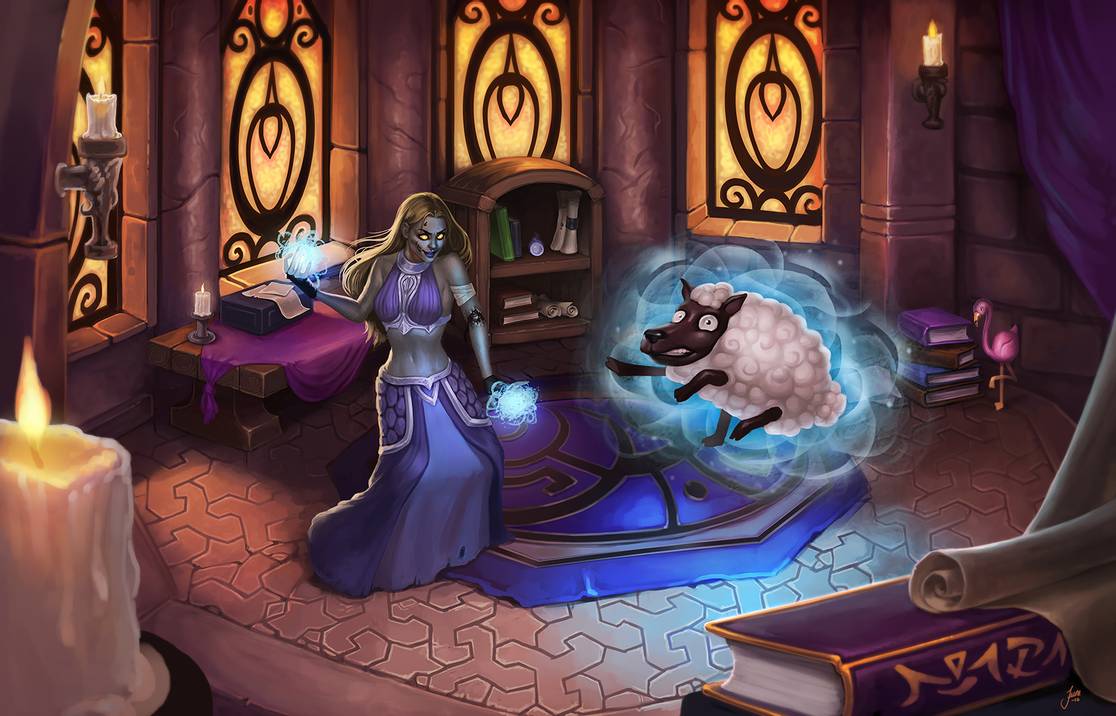
Stoneskin: A really solid buff, but by the time you get it you’re more likely to face magical attacks than anything.
Storm SphereEEPC: Sickening radiance is strictly better at this level.
Vitriolic SphereEEPC:A great AoE, not only does it hit for a huge amount of acid damage, it hits again at the end of the next turn as well.
Wall of Fire: One of the best control spells. It deals great damage and has a huge area of effect.
Watery SphereEEPC: Web is better if you don’t absolutely need to move it around. This spell allows so many saves to resist it.
5th-Level
Animate Objects: Action economy is the name of the game in combat. If you have more actions than your enemies, you’ve got he advantage. This spell is complicated, but if you use it well you can go from one man against a group to the leader of an overwhelming army of common household items with fists.
Cloudkill: Waft this murder fart through ranks of troops to soften them up before you engage. It’s affected by wind, so combine this with a gust spell to move it more precisely.
Cone of Cold: One of the “it” spells for evokers, a 60-ft cone is an absolutely enormous area. It deals decent damage, but not much more than an upcast fireball. Constitution saves are usually pretty high for larger monsters, so this is better used as crown control.
Control Winds: This shuts down flying enemies and archers, but isn’t very useful beyond that.
Creation: Aside from the size limitations, this spell solves almost any problem provided you’re clever enough to come up with something for it.
Dominate Person: A very strong spell for removing an enemy from combat, or forcing a creature to do your bidding otherwise. It only effects humanoids, so it’s use is much diminished.
Enervation: This should be your “last spell.” If you run out of spells and have an encounter ahead of you, cast his and use your action for the whole combat to deal automatic damage to the big bad.
Far StepXGtE: Flight or invisibility are better options for long-term mobility. If you need a teleport, misty step does about the same, and is a much lower level.
Hold Monster: A great way to pull a single creature out of combat. The fact that it hits all creature types and not just humanoids means there’s no one who can negate the effect.
ImmolationEEPC: Useful against a single target only. Generally with the higher level spell slots you want to go for a wide area of effect to catch more creatures in, especially for a save negates type spell.
Insect Plague: This spell has a lasting damage-over-time effect and also creates an area of difficult terrain. The fact that it affects a wide area that doesn’t need to be on the ground means its useful in a variety of terrain.
Seeming: Very situational. This is hard to justify choosing as one of your limited spells known over some other options this level.
Skill EmpowermentXGtE: A useful spell, but too high level to be worth it. By the time you get here, if you have a well-rounded party someone’s got to have the skills required.
Synaptic StrikeXGtE: Comparable damage to fireball but with a less commonly resisted damage type, shorter range, and an auxiliary debuff.
Telekinesis: One of the most versatile spells available. Ten minutes of telekinesis can overcome a whole room of debris, a trap, movement of heavy objects, clearing obstacles, etc. In combat, you can use it to toss enemies around or throw things at hem. You can move your allies around to position them off-turn.
Teleportation Circle: Situational, but the best option for moving your whole group until you get a proper teleport spell going.
Wall of LightXGtE: The damage is low, but the blinding effect is great for disorienting enemies.
Wall of Stone: The ultimate battlefield control spell. Wall of enemies for a moment of reprieve, to diminish their number attacking you directly, or trap them for the duration. It’s a concentration spell as well, so you can use it to trick and then quickly dismiss it.
6th-Level
Chain Lightning: Excellent damage at a great range. It’s always tough to catch a lot of enemies in lines of effect, and chain lightning overcomes that by branching.
Circle of Death: Lower damage than fireball but an area twice as wide, meaning overall you have the capacity to deal much more damage. Also, the damage type is less commonly resisted.
Disintegrate: This is the highest damage single target spell. Especially dangerous against enemies who regenerate, reincarnate, or otherwise return from the dead.
Eyebite: Being able to put a creature to sleep every round allows you to be the primary threat removal, and allow your allies to mop up with auto-critical hits as they slaughter the sleeping.
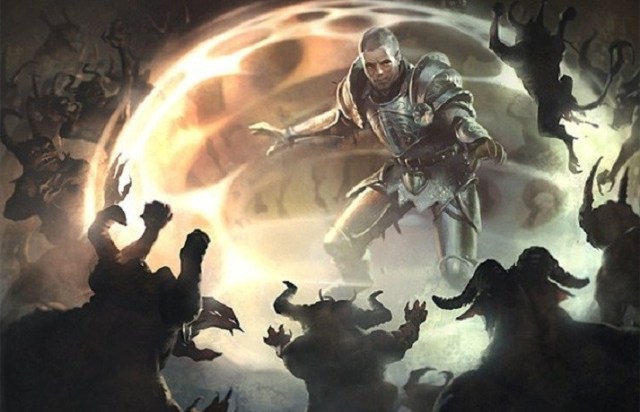
Globe of Invulnerability: Giddyup. Any time you find yourself facing a spellcaster of equal or lesser level, turn this bad boy on and beat him to death with his own shoes. As you gain higher level spells, you can upcast this to even greater effect. Even against an enemy of equal or higher level, this means you don’t have to worry about his lesser spells, provided you can weather the stronger ones.
Investiture of FlameEEPC:You don’t want to be in melee.
Investiture of IceEEPC:You don’t want to be in melee.
Investiture of StoneEEPC: You don’t want to be in melee.
Investiture of WindEEPC: The only investiture spell worth a second look. It gives you mobility and some battlefield control.
Mass Suggestion: Situational, but a really good way to subdue a large number of low-level creatures.
Mental PrisonXGtE: This spell can take a creature out of combat for a minute, or deal a decent amount of damage. The downside is that it’s unpredictable; you don’t know if and when the creature will either leave the effect or be forcibly jostled out of it.
Move Earth: A dungeon puzzle solving spell. Generally less useful than stone shape.
ScatterXGtE: This can reposition the entire battlefield, moving allies and enemies around as you please.
Sunbeam: relatively low damage, a constitution save, and concentration make this less useful than it is flashy.
Tasha’s Otherworldly GlareTCOE: You only get one 6th-level spell, so at this level we must be discerning in what we choose to cast. There are better buffs, better damage spells, and there are a ton of things to upcast that are better than this. That said, it’s got its uses, and if you like it, go for it.
True Seeing: You don’t need to have this all the time, but when you need it it’s second to none. This renders illusions and invisibility useless. You can see through blink and etherealness effects. The distance limitation is to be minded, however. An invisible archer near the end of his range will still get the drop on you. Also, just because you can see it, doesn’t mean you do. You’ll still need to roll perception checks to notice things you can see within the range.
7th-Level
Crown of StarsXGtE: A flashy show of power that does respectable damage for what it is.
Delayed Blast Fireball: This version of fireball does massive damage, even more than a scaled-up version of the regular version. The trick comes in timing it right. It’s tough to cast in combat, as you need a whole minute to charge it and can’t break concentration.
Dream of the Blue VeilTCOE: This spell is a plot point, not something you should be using your only 7th-level spell slot on.
Etherealness: This spell can be used for recon or a quick escape. A quirk of this spell is that it lasts for 8 hours and doesn’t require concentration, so you can’t end it early without dispel magic.
Finger of Death: This spell is incredibly cool flavor-wise, but less powerful than most of its contemporaries. The best part about it is that it creates a zombie of a creature it kills, giving you a reward for ending a life.
Fire Storm: An upscaled fireball does more damage. The main benefit of casting this instead is that you can sculpt he area of effect to spare certain creatures or hit enemies that surround you instead of the opposite.
Plane Shift: While this isn’t as useful as teleport, it’s got one unique use that teleport can’t do, move you to other planes of existence. This spell isn’t to be used during combat, since you need to touch everyone targeted.
Power Word Pain: A spell that relies on you knowing your opponent’s hit point total is difficult to use effectively. You will likely have better results with upscaled damage spells like fireball.
Prismatic Spray: This spell has a great area of effect, but its unpredictability is its downfall. If you happen to be fighting something resistant to a damage type, you could whiff hard.
Reverse Gravity: Unless you can fly, if you fail this save get ready to look up the rules for fall damage. Spoiler, it’s a LOT of damage. This spell effectively takes masses of enemies out of combat as they either cling to an object for dear life, float into the air for the duration, and eventually slam back down and hopefully die.
Teleport: The 5e version of this spell is incredible. You can teleport up to 8 targets instantly, and can do so at a short range. Make sure to collect souvenirs from safe locations as you travel so you have an error-free path back to safety in case you need to escape in a hurry.
WhirlwindEEPC: Weak damage, and not as useful as reverse gravity or levitate for lifting things.
8th-Level
Abi-Dalzim’s Horrid Wilting: In terms of damage and effect, sunburst is strictly better.
Dominate Monster: The best save-or-suck spell available to you. The target gets to repeat the save every round in combat, so finding creative non-violent uses of this spell will really show off its utility and power.
Earthquake: This is a great area control spell, but it comes with a lot of risk to you. It has a huge area of effect, and unless you can fly you’re going to likely be inside or very close to it. The fissures can swallow creatures, and those who don’t get affected will move out of the area of effect….likely towards you if they started close up. Also, structures effected by this may topple, which can cut off your means of escape.
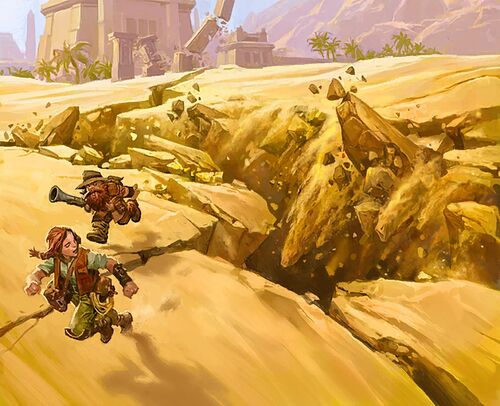
Incendiary Cloud: This is cloudkill on steroids. It has damage that compares with fireball cast at the same level but persists for a full minute. If cast in an enclosed area, you better believe it will deal enough damage to kill even the toughest foes.
Power Word Stun: taking a guess about the current hit points of an enemy is risky for such a high level spell. However, if you know your foe is flagging and you’re trying to take him alive, this is one of if not the best way of doing so.
Sunburst: It’s like fireball, but bigger and brighter. You can slow a whole army for at least a round with this, as the confusion they will feel after being blasted and temporarily blinded can cause them to stutter.
9th-Level
Blade of DisasterTCOE: Why would you cast this when you could cast meteor swarm?
Gate: By the time you have this spell, you’re likely going to be able to use it for plot-related reasons. Dimensional travel makes you a powerful economic player, able to move goods instantly across space. You can drop a battalion of troops into a fortified location in an eye blink. With this, you and your allies have the ability to be anywhere at any time.
Mass PolymorphXGtE: You can turn up to 10 creatures into different creatures. This spell, while not as powerful as true polymorph, which can turn you into a CR 17 Dragon, is actually more versatile. Need to fly, swim, climb, sneak, or otherwise blend in? Your whole group benefits from the effect. Facing an enemy that deals mainly fire damage? Bam, you’re all a creature that’s immune to fire. You can swing a huge advantage by playing with types and abilities of your otherwise vulnerable team.
Meteor Swarm: If you’re looking for a damage spell, this is the best one around. An absolutely enormous amount of damage and a range to die for. Smite a city from the top of a nearby mountain, why don’t you?
Power Word Kill: This spell absolutely rocks. It outright kills the target, with no chance for them to resist or save against the effect. The main hang up with this spell is that you’ll need to know if it will work, which isn’t something easy to determine. Wait too long, and you might as well have just used weapons or a lower level spell. Jump too soon and it’s wasted.
Psychic ScreamXGtE: The limit of 10 creatures makes this less dramatic than a 9th level spell can be, but if that’s all you need, then this is one of the most powerful ways to lock down a group of enemies, and do so for a very long time.
Time Stop: 1d4+1 turns of free action, provided you don’t mess with anyone too much and end it prematurely. You can set up a bunch of buffs, run an appreciable distance away, and
Wish: It’s hard to grade the 9th-level spells in terms of power when compared to each other. The only accurate way to do this is to put Wish as the overall best, and rate the rest below it. Overall, wish is the best spell in the game. It’s any spell you want it to be, which makes it powerful but also hard to use.
Multiclassing
Barbarian: Too different to pull off.
Bard: Another Charisma-based caster. Starting in Bard for the skills and armor, then transitioning to Sorcerer is a strong build.
Cleric: Divine casters aren’t an ideal mix with arcane casters in general. If you want to grab some support, choose the radiant soul sorcerous origin.
Druid: While Wild Shape is a tempting defensive ability, it negates the use of your best spells.
Fighter: Eldritch Knight is better than multiclassing here.
Monk: Not even close on synergy.
Paladin: Straight Paladin is better than cross-classing, even with the Charisma synergy.
Ranger: Not an ideal mixture.
Rogue: The skill expertise and additional proficiencies are nice, but again, the caster subclass is overall stronger than a cross-class attempt at a sneaky caster.
Warlock: The ideal cross-class. Warlock spell slots translate into sorcery points on each short rest, giving you tons of casting power of flexibility.
Wizard: These classes are too similar to even consider mixing them.
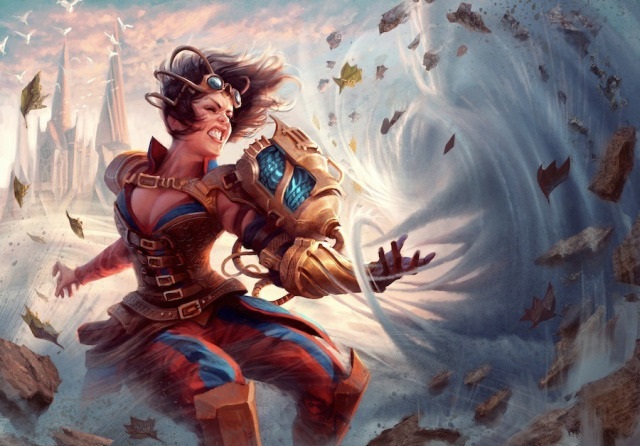
References
DMG Dungeon Master’s Guide
EGtW Explorer’s Guide to Wildemount
ERLW Eberron: Rising from the Last War
EEPC Elemental Evil Player’s Companion
GGtR Guildmasters’ Guide to Ravnica
MM Monster Manual
MToF Mordenkainen’s Tome of Foes
PHB Players Handbook
SCAG Sword Coast Adventurer’s Guide
TP Tortle Package
VGtM Volo’s Guide to Monsters
XGtE Xanathar’s Guide to Everything
Is the D&D sorcerer class not your thing?
Check out our comprehensive guide to all the D&D 5E classes and how to choose one that best suits the character you’d like to play.






I enjoyed reading this. Good job on this article! Enjoyed your points. Interesting content.